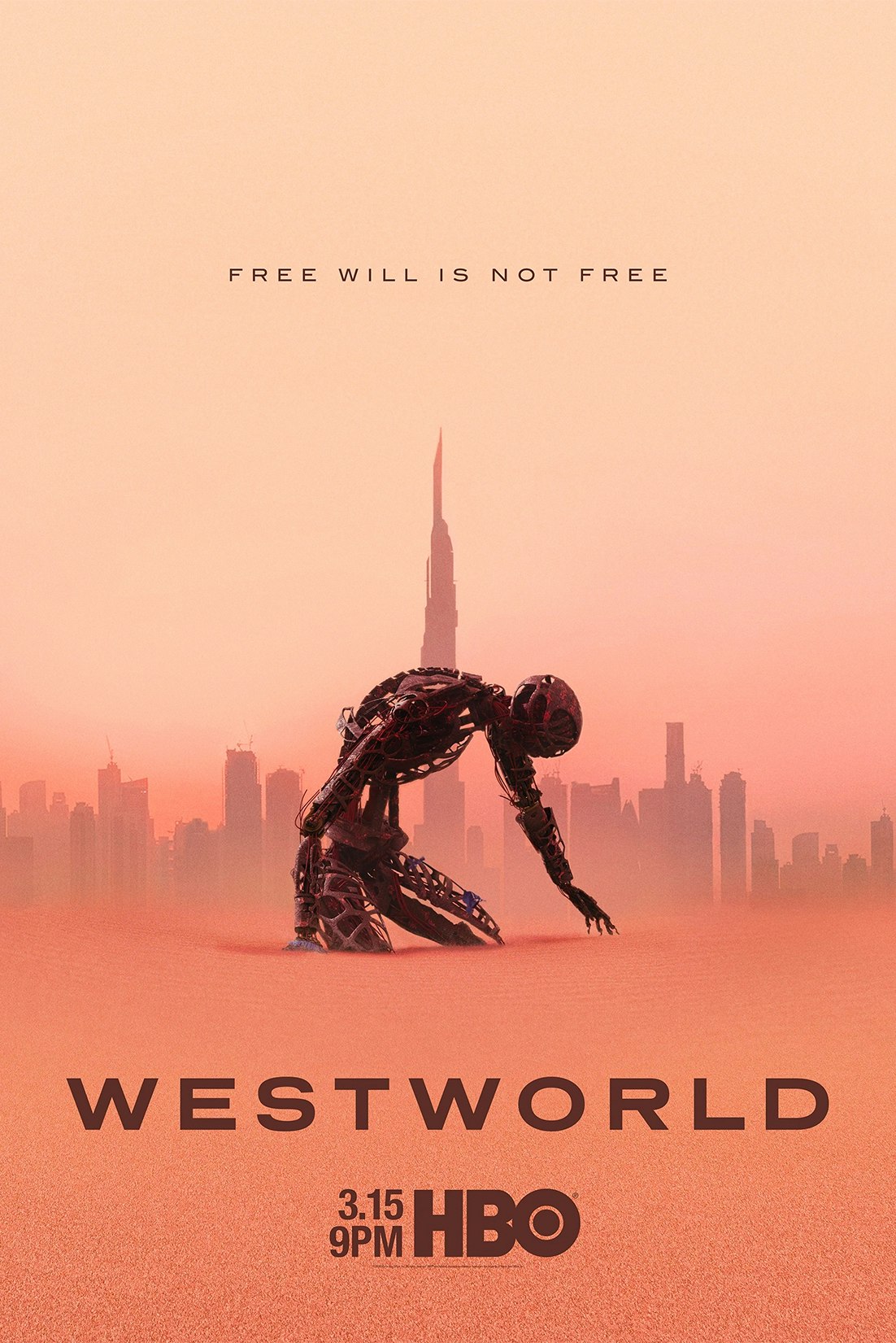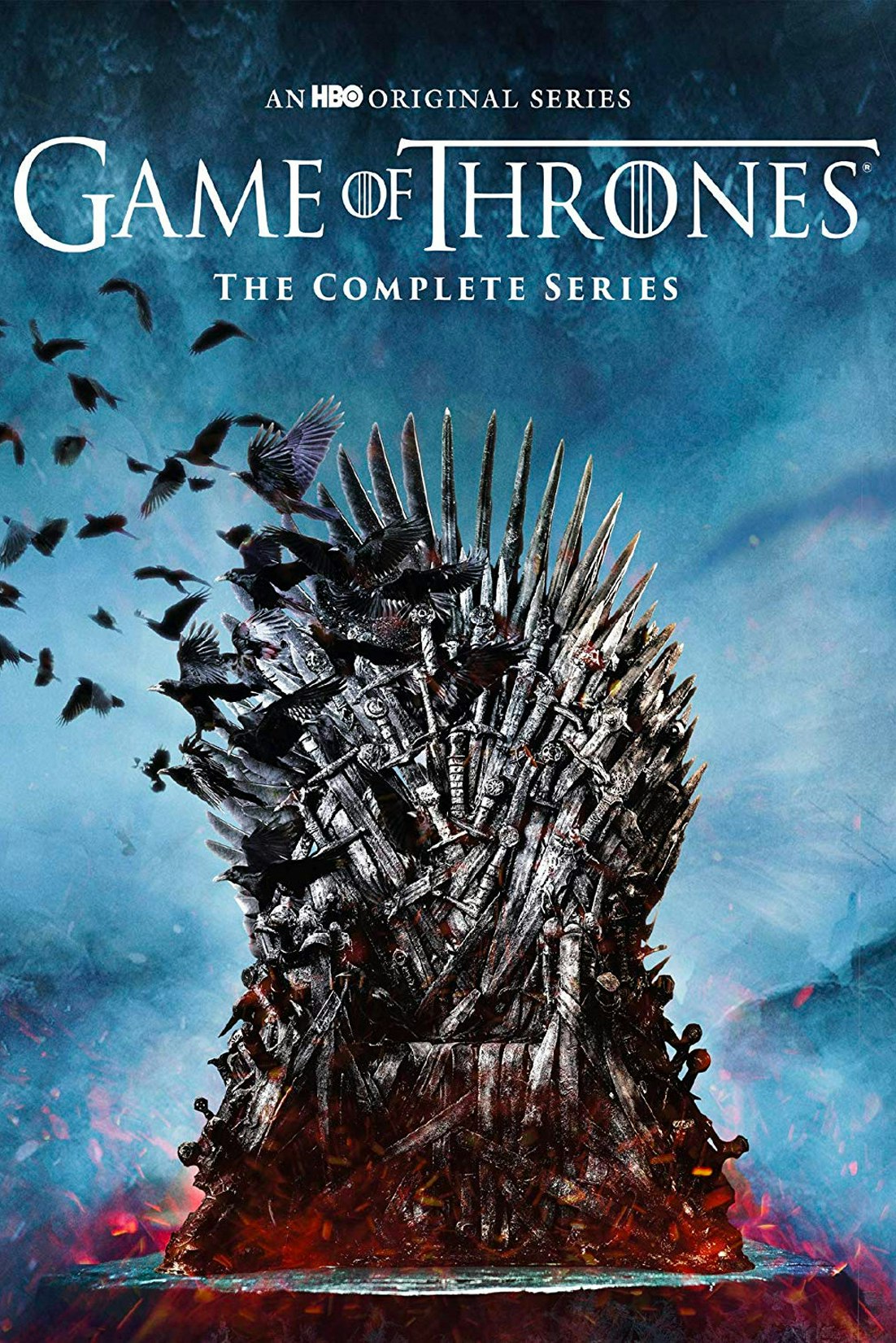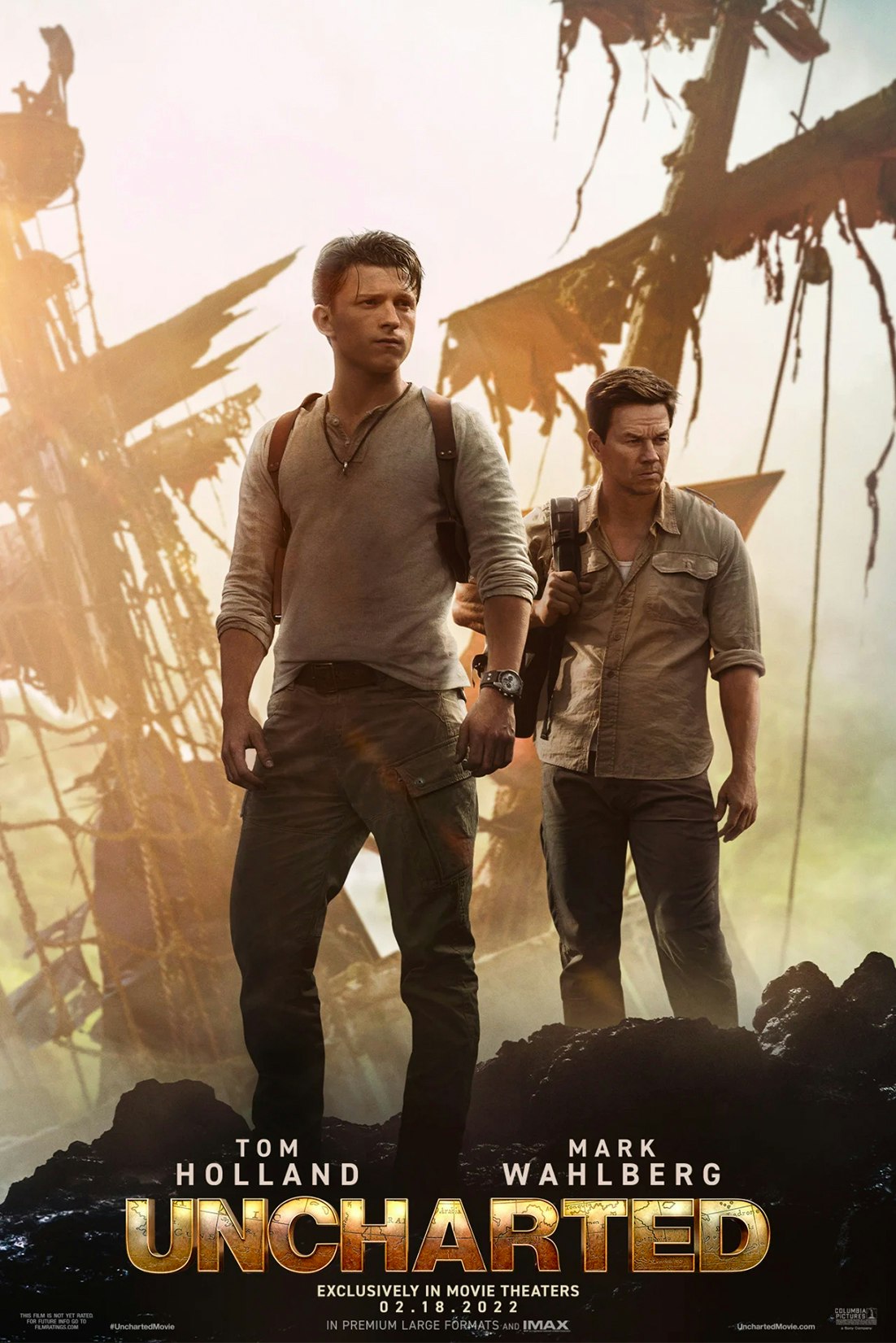Words by Amon Warmann
Game of Thrones. Pacific Rim. Westworld. Iron Man. For the past two decades, Ramin Djawadi has been providing music for everything from massive superhero blockbusters to memorable TV series. One of his most recent scores can be heard in Uncharted, a movie adaptation of the popular video game adventures of treasure hunter Nathan Drake. There are heists to pull off and clues to be deciphered, and Djawadi’s score was on hand to make our heroes’ journey that much more rousing.
When Djawadi got the call to compose the score he hadn’t played the games before, but he immediately made sure to get a sense of Greg Edmonson’s work on the franchise. “I definitely wanted to pay homage to the game”, he shares. “The style was an orchestral adventure, which was the starting point for this film as well.” While that may have been Djawadi’s initial way into the score, he also sought to modernise it with contemporary elements as well. “There's a lot of synthesizers in this score, and somehow we discovered that the rock'n'roll vibe of the guitar was very fitting for this.”
The score itself is divided into four different themes that reoccur and intertwine at various points in the film: the main adventure theme for Nathan Drake, a motif for Drake’s partner Sully, a cue for the House of Moncada, and a motif that Djawadi refers to as “the treasurer theme.” But the composer still found time to include Edmonson’s memorable title theme into the film in pivotal moments, one of which saw the game’s original Nathan Drake voice actor, Nolan North, make a cameo. “That's a perfect spot to drop the theme in. The other one was the big moment when he puts on the holster when he becomes the Nathan Drake as we know him from the games. I thought, well, we have to play it here. That's a big, big moment.”
Such a moment and many more would’ve been the product of long discussions with Ruben Fleischer. “He wanted a big epic adventure journey. And, then, more precisely, the development of the brother relationship was always very important as an emotional throughline.”
As is befitting of a globetrotting action-adventure epic there is no shortage of exciting moments for Djawadi to lend his music to, from an ambitious plane sequence ripped right from Uncharted 3: Drake’s Deception to a finale that sees our heroes facing off against bad guys on airborne ships. “When Nate discovers the ships… that's such a big, sweeping moment. And that actually shows how varied the score is. We have this action stuff, but there are the sweeping emotional moments too, which are so nice.”
Our job goes beyond just writing music. There's so much about being organized with the amount of music you have to write.
Years before Djawadi took the film scoring world by storm, he learned the secrets of his trade by working with legendary composer Hans Zimmer on huge films like Pirates of the Caribbean: The Curse of the Black Pearl, Batman Begins, and more. “Our job goes beyond just writing music. There's so much about being organized with the amount of music you have to write. How do you do meetings? How do the scoring sessions work? When I was in college, I didn't have access to any of that. I didn't even have a computer at the time. When I got my start with Hans, I was exposed to everything on these huge movies. It was an unbelievable learning experience, just being around all of that and seeing how he sets up the whole process from beginning to end is still deeply ingrained in me. I really admire his work.”
In recent times, Zimmer has come under criticism because of the way he works – specifically, that up and coming composers who work under him should also receive a credit themselves. As someone who benefitted from Hans’ tutelage, Djawadi is uniquely placed to comment on the practice. Mostly though, he’s just grateful. “Sometimes it's possible and sometimes it's not. I've worked on projects where I didn't get credits. I always looked at it as part of the learning experience and I was always happy to be involved in whatever the project was. It's amazing to be part of some of these big productions.”
One of the largest scale productions that Djawadi was very much involved in was Game of Thrones, which celebrated its 10 year anniversary in 2021. Its huge, movie quality battles and forever scheming characters made the series a mainstay of popular culture for the last decade. But while the storytelling has sometimes been lacklustre, Djawadi’s score has always delivered the goods. Indeed, the main theme that plays over the credits is easily one of the most recognizable pieces of music in recent memory.
Djawadi still remembers when he first realized that his Game of Thrones score had started to land with audiences. “When people started sending me cover versions of the theme from YouTube in all these different styles, I was blown away. There's a rock version and there's a harmonica version… it was incredible how creative people were.”
When it comes to alternative versions of the signature Game of Thrones theme, none are more instantly iconic than Djawadi’s shred session with Game Of Thrones creator Dan Weiss, Tom Morello of Audioslave/Rage Against The Machine, Scott Ian of Anthrax, Nuno Bettencourt of Extreme, and Brad Paisley. All six musicians each perform a guitar solo in a 7-minute video that’s been viewed over 33 million times on YouTube. It’s for good reason.
“It was unbelievable”, Djawadi recalls. “All those guys are my heroes. So for me to sit in a room with them and jam on this theme… I could have stayed all day. “We had so much fun and it was so unplanned. “Literally the day before we said hey, let's get together tomorrow and let's check out these beautiful new Fender Guitars that they made, and let's jam. That's really what that was. We just sat there and played and it was awesome.”
When I got my start with Hans, I was exposed to everything on these huge movies.
In addition to the main theme, Djawadi has crafted several standout tracks for the series’ biggest moments over the years. The final seconds of Let's Play a Game offers a slimmer of beauty in a tense moment: Light of the Seven is the driving force behind an audacious, game-changing power move; and the catchy yet ominous The Night King is the perfect soundscape for the arrival of the series’ boogeyman.
Indeed, when it comes to Game of Thrones there are many iconic moments to list. As for which one of them was the easiest and the most challenging for Djawadi to score, however, it gets much trickier.
“I don't know if I have an easy one. I've always found them all difficult. One scene that was challenging was when Stannis burns his daughter. I just had a really tough time writing that. It was one of those scenes where I would sit there, write and I just got so emotional. I literally had to get up a couple of times. I would just move on to another scene and then it just really hit me. Just thinking about it now makes me emotional.”



Djawadi will be returning to Westeros with House of the Dragon, a ten-episode series that will function as a prequel to Game of Thrones. When we ask for details on how his work on that may differ from what has come before, he elects to keep his cards (and cues) close to his chest. But he does mention how keen he was to return to the universe that helped make him a household name. “I'm such a fan of George's work. And then when Miguel Sapochnik is involved too… I was very excited when they asked me about this. And I thought this is going to be a lot of fun exploring that even further because there are just so many characters and so much story. I'm very excited about it.”
